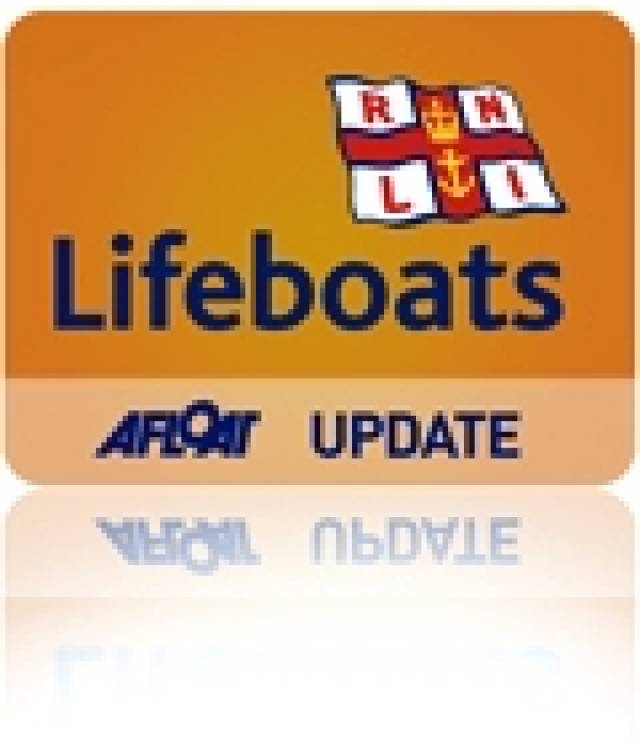#RNLI - The hugely popular RNLI Reindeer Runs have returned to raise funds for the charity that saves lives at sea.
The event has fast become a favourite with families, runners and walkers, many of whom dress up in antlers to join in the fun and raise funds for the charity.
This year's Reindeer Runs are being held on Sunday 1 December at Marlay Park in Dublin and on Sunday 24 November at Fota House and Gardens in Carrigtwohill, Co Cork with a 5km and 10km walk or run, and a 1km Santa Saunter for younger participants.
RNLI community fundraising manager Pauline McGann is encouraging entrants to register early as places are limited.
"This is the fourth year of the RNLI Reindeer Runs and they have become hugely popular," she says. "They are now a major event on the charity’s Christmas calendar. We wanted to hold an event that would cater for everyone but would also have a large element of fun."
RNLI lifeboats are busy all year round but some of their most challenging callouts occur over the winter months in complete darkness.
This summer saw a 43 percent increase in the number of callouts RNLI lifeboats attended, with Irish lifeboats launched 571 times.
Among those taking part in the Dublin Reindeer Run will be Howth RNLI lifeboat mechanic Ian Sheridan and his family.
"We are so grateful to the many people who raise funds to keep the lifeboats afloat," says Sheridan. "The RNLI is a charity and relies on the generosity of the public to ensure that we can go to sea at any time to save lives with the best in equipment and training. People never know when they will need us but we will always be there."
Registration is now open and costs €10 for the saunter, €21 for the 5km and €23 for the 10km run or walk. There are also family and group rates available. All participants receive a limited edition RNLI Reindeer Run t-shirt and a pair of antlers.
Further information and registration details are available at rnli.org/reindeer or by emailing [email protected] for Dublin or [email protected] for Cork.































































